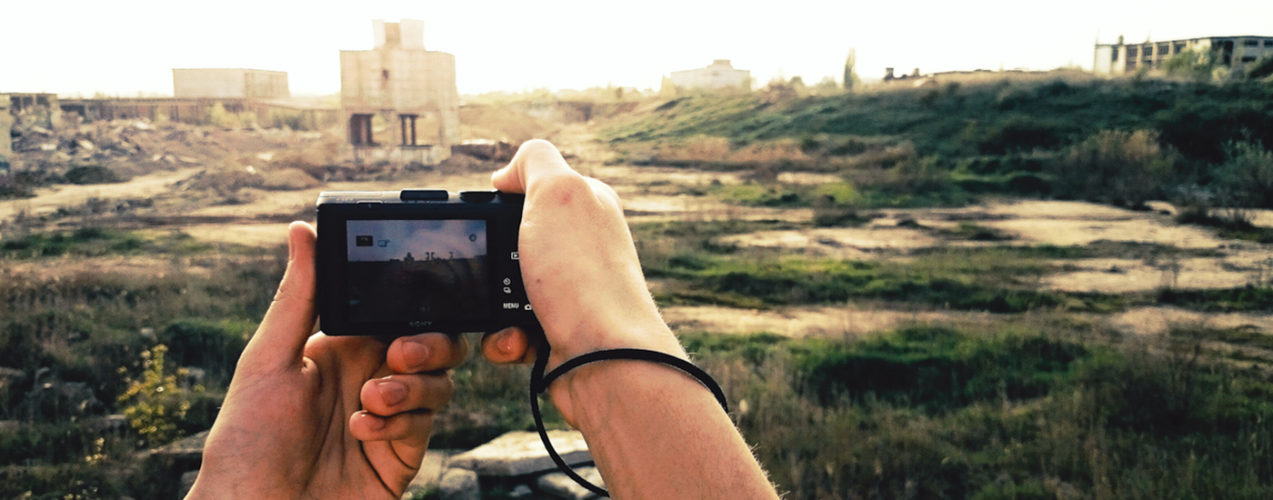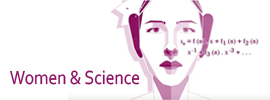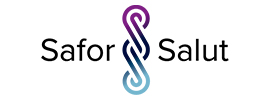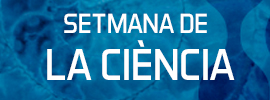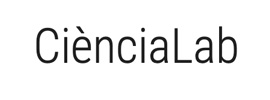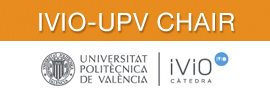The world has been upended. We were confident in our jobs, in our freedom to move anywhere and to hang out with our friends and families whenever we wanted, but now this has all changed with the appearance of the pandemic we are experiencing. The world has come to a halt, travel has ended and tourism has ceased to exist.
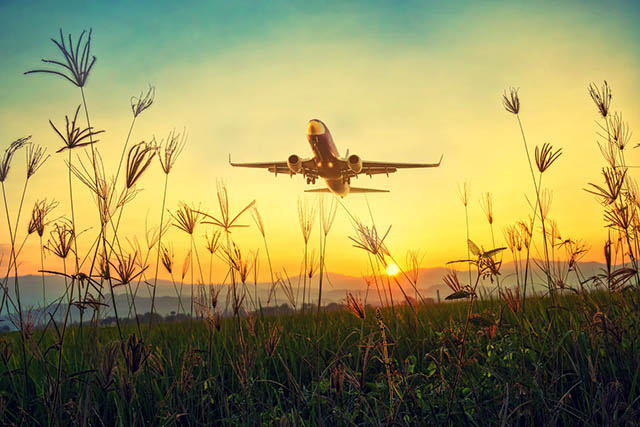
As tourists, the first thing that overwhelms us is the uncertainty. Many people, ourselves included, had been planning trips that have suddenly been canceled. There is uncertainty about receiving refunds for the payments we have made or about booking new dates. Some travel companies are offering free cancellation for any reservations made by their clients. Others are providing vouchers for the amount of the ticket or reservation that has been canceled. Transportation has been reduced to a minimum and many companies have offered to transport medical supplies or cover trips to hospitals for free. Travel agencies have essentially stopped their activity. Museums and exhibitions are offering free virtual tours online. Many conferences have been canceled or have switched to virtual mode. Hotels have been closed, although some, especially in large cities, have been medicalized to care for patients or to host healthcare workers. Bars and restaurants have had to close, except the ones offering food delivery and takeaway, some of them providing meals to disadvantaged groups.
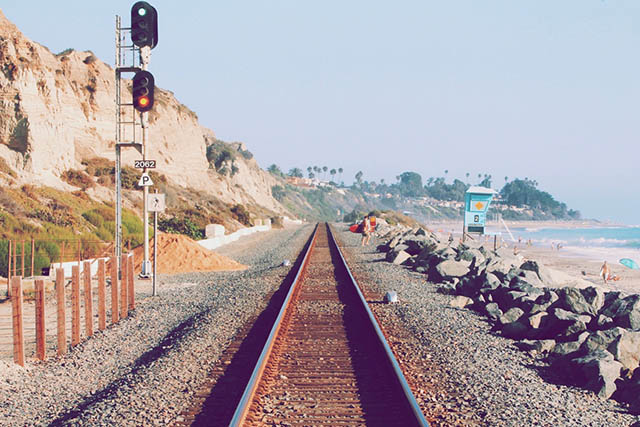
The figures for the tourism sector had been positive until this point, with a largely upward trend before the pandemic. For example, in February 2020, Spain received visits from 4.4 million international tourists, 1% more than in February 2019 (Frontur, 2020); the total expenditure by international tourists who visited Spanish destinations in February increased by 1.2% compared to the same month in 2019, and the average daily expenditure also increased by 5.3% over the same period (Egatur, 2020). In global terms, according to the INE, the share of tourism to the GDP of 2018 equaled 12.3% of the total, an important percentage over the global amount, taking into account that this indicator includes all the goods and services produced in Spain in a given period. In terms of employment, the World Travel & Tourism Council (2019) calculated a total of 2.8 million jobs in the sector. But now all these figures have completely changed in the new environment we are now operating in.
How will this pandemic affect tourism businesses? We don’t know. According to Exceltur (2020), the sector will lose 55,000 million euros in Spain, that is, a decrease in the tourism GDP of 32.4%, with the Valencian Community suffering an even greater loss of 33.6%. However, given the experience of the 2008 economic crisis, with which some compare the economic outcome after the health crisis is resolved, we know that tourism recovered before other sectors and that it contributed to the country’s wealth by improving the results in GDP and job creation (Tourism Satellite Account, 2017). In any case, the recovery of activity in the tourism sector and the economy in general will strongly depend on public fiscal policies (postponing or reducing taxes, for example) and on actions aimed at facilitating access to credit to prevent loss of liquidity, among other things.
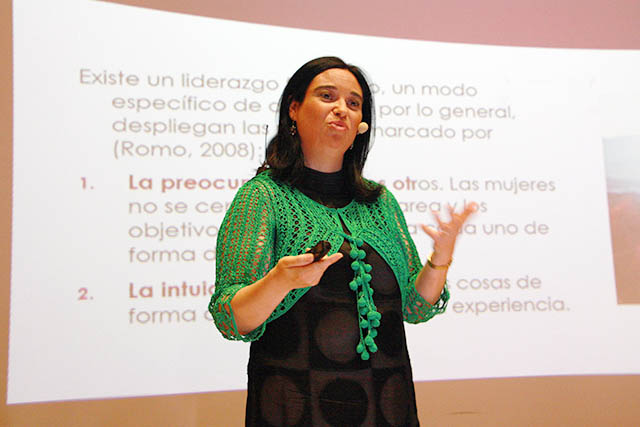 The current scenario is exceptional and there is much to be understood, studied and analyzed. The professors Cristina Santandreu and Lourdes Canós are supervising the Final Project in the Bachelor’s Degree in Tourism by the student Paula Ribes Noguera, titled “Analysis Of the Impact of COVID-19 on Spanish Tourism”. With these results, we hope to contribute out grain of sand to understanding what is happening. We want freedom of movement to return and for tourism to come back stronger than ever. In this extraordinary situation, one of the things we realize is how valuable our experiences are when we travel, so we have to keep dreaming about them and never give up on them.
The current scenario is exceptional and there is much to be understood, studied and analyzed. The professors Cristina Santandreu and Lourdes Canós are supervising the Final Project in the Bachelor’s Degree in Tourism by the student Paula Ribes Noguera, titled “Analysis Of the Impact of COVID-19 on Spanish Tourism”. With these results, we hope to contribute out grain of sand to understanding what is happening. We want freedom of movement to return and for tourism to come back stronger than ever. In this extraordinary situation, one of the things we realize is how valuable our experiences are when we travel, so we have to keep dreaming about them and never give up on them.
Research Professor in the Department of Business Organization at the Campus Gandia
